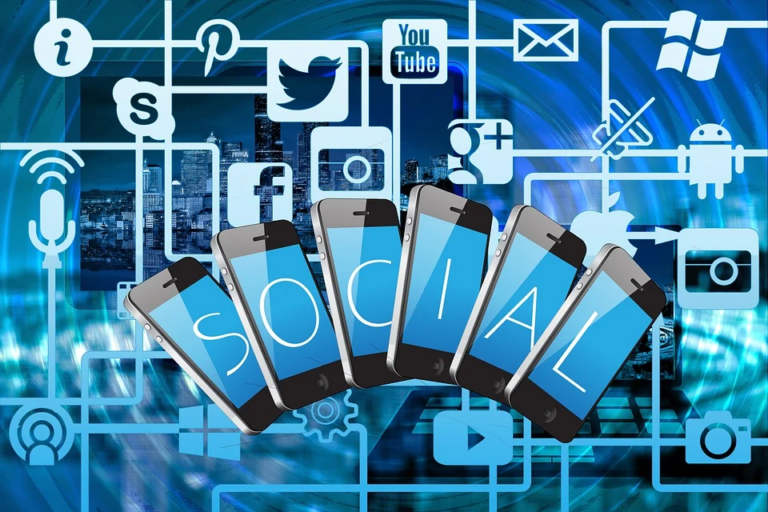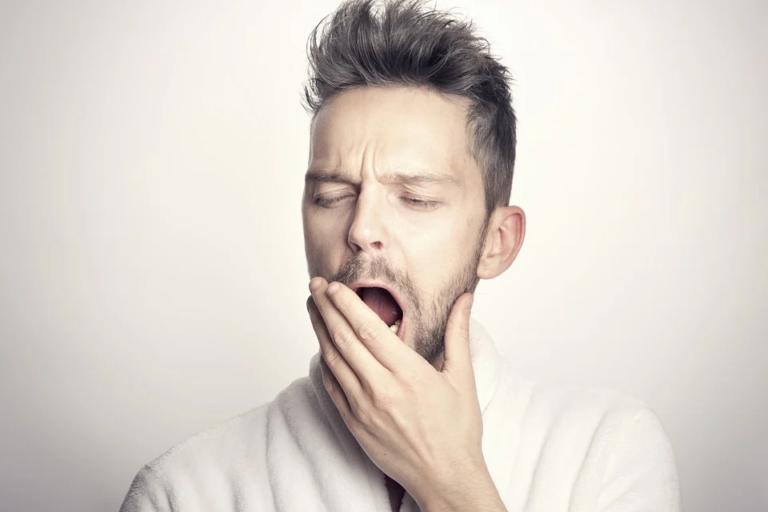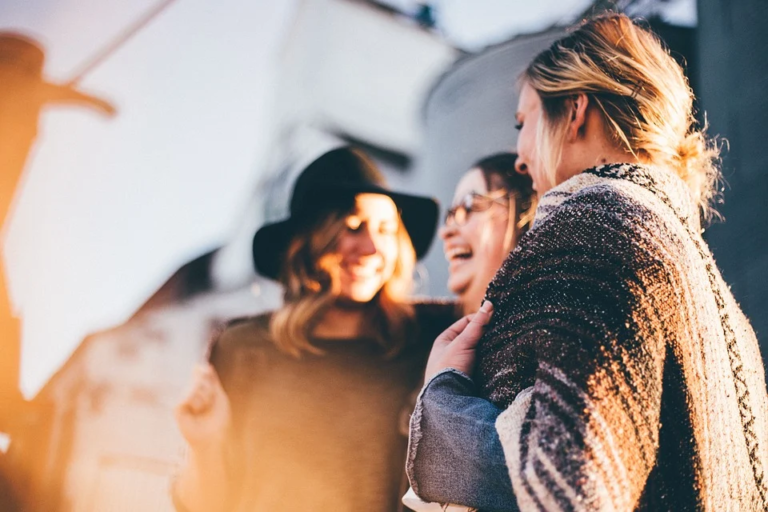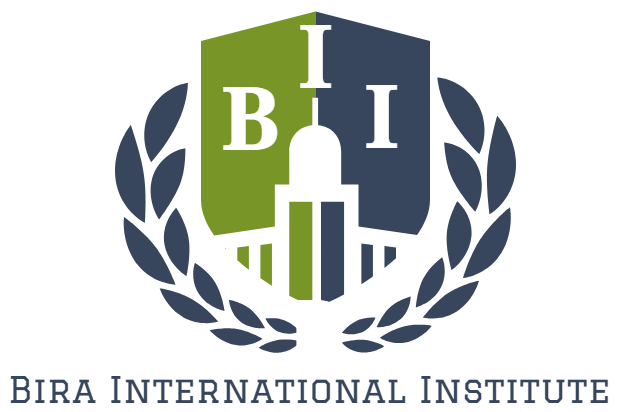Ways to protect your mental health when using social media
The advancement of technology also paved the way for the wide use of social media applications. Social media has dramatically impacted our lives- positively and negatively. It is a great way to communicate and connect with our loved ones, but sometimes it can also cause us mental health problems. Social media allows us to be more updated about what is happening in the world around us, but sometimes too much awareness can cause several problems. It is vital that we find the right balance when to use and not use social media.

How social media affect us negatively:
- It can affect your self-esteem
Seeing other people’s selfies or post-workout bodies with hundreds of likes may cause us to feel insecure and compare ourselves to them, thinking that we don’t have their glass skin, perfect eyebrow shape, or the six-pack abs they have. These filters may lower our self-esteem because of the new standards we have for a face or body.
Moreover, social media has created ways for us to improve ourselves the way the world sets the “standard” for beauty. Filters are now available in almost all social media apps. We can get lip fillers, teeth whiteners, face contours, and so much more because of these filters. There’s nothing wrong with its use; however, if people will see it as the standard instead of loving their skin and beauty, it will only create a lot of inner struggles.
2. We lose “real” human communication
Have you ever experienced being with someone physically, yet the other person spends more time on social media than talking and listening to you? Social media affects our relationship with other people. We tend to forget that personal human interaction is more valuable than a chat or facetime. It is easier for people to mask their true selves through social media apps, but when we talk to them personally, we can have that more intimate connection that social media cannot provide. Instead of focusing on having quality time with our loved ones, some will simply take pictures and let the world perceive that we are spending time with our family even if it might not be the real case.
3. Fear of missing out or FOMO
Social media apps inform us of the latest trend in fashion, entertainment, beauty, or cars. People may fear that they may not be updated with the latest trend if they will stop using social media. They wanted to relate with their friends in a conversation, and because of this, they may feel the constant urge to use social media to stay updated.
4. Sleep deprivation
Have you ever told yourself the “just ten more minutes” social media use then found yourself spending 2 hours instead? We will then wake up the next day with lesser energy because of sleep deprivation. Using social media before bedtime may affect our sleep because we might encounter “triggers” on the web that can make us feel anxious, thus making sleep harder than usual. The light from our phones may also cause our brains to continue being active rather than signaling our bodies to fall asleep.

5. Cyberbullying
A person can easily create a fake account and post hateful comments on another person’s account. In just one rude comment and click, a person’s life can be ruined. What makes this harder is that it is not easy to track the fake account’s real identity. It is also easy for people to judge a person because of one post or picture without knowing the whole story behind it. Fake news can also be quickly disseminated and edited photos can be used to cyberbully a person.
6. Mental health issues
Thanks to social media, we are more updated with other people’s lives than ever. However, this may also cause us some emotional and mental issues. We may see a friend who hosted a party without you, and you might be thinking if you are still friends with them. You might see someone starting a business, traveling across the country or buying a new property, and you might compare yourself with them. You may feel that other people “seem” to know what to do with their lives and yet here you are trying to find your path. We might forget that what we see in social media is just the tip of an iceberg in a person’s life. Unknowingly, these things may cause anxiety, stress, or depression.
Ways to protect your mental health when using social media:
Balancing the use of social media is necessary so that we can take care of our mental health.
- Set a time limit
Try avoiding social media before bedtime and after waking up. You might encounter posts that might keep you awake at night or might ruin the new day ahead. You may limit your social media use to 3 hours a day. If that will be hard for you, you may start with 4 or 5 hours a day across all platforms. Setting limits will help us avoid situations wherein we find ourselves endlessly scrolling and watching videos after videos or liking every post we see.
2. Get out of social media for a day or two
Social media is an integral part of our lives now. We now used social media to communicate with our colleagues and loved ones. We even open our social media to look for news and other announcements. However, too much exposure to negative news through social media may affect our mental health. This is the reason why we need to take a break from social media use. Instead of scrolling through your apps, you can read books, listen to music, learn a new recipe, do yoga, or whatever relaxing activity you want.
3. Turn off notifications
You may choose to turn off notifications after your work hours and deal with your work-related notifications the next day. Doing this will help you have a balanced work and personal life.
4. Learn to enjoy the moment
Instead of focusing on getting the most instagrammable photo, focus on the time to bond with your family during vacations or dinners. Communicate with your friends or date instead of spending time tweeting about it. We can also show them that we really value them if we spend quality time with them when we are together.

5. Unfollow accounts
It is okay to unfollow toxic people even if they are family members or friends. If everything you see in their posts is negativities, you also feed your mind with negativities each day. You are the only person who can take care of your mental health, so it is okay to draw boundaries on what you want to see and not. You may follow accounts that spread positivity and encouragements. You may also join support groups that may help you with your struggles.
6. Have a healthy mindset
Remember that what you see on social media is a glimpse of a person’s life. If you see your friends achieving things, celebrate with them, and make it an inspiration to achieve your dreams as well. Having a healthy mindset will help you stop your comparing yourself with others. However, you also need to keep in mind that you should be inspired to work on your successes for self-actualization and not to gain validation through likes on social media.
Conclusion
Social media is a powerful tool now. It can connect people but can also disconnect. It can strengthen relationships, but it can also ruin one. We must be aware of how social media can affect us and learn when to step away from it.
Learn more about your mental health by taking a course here. You may also try to check the free course we are currently offering.

